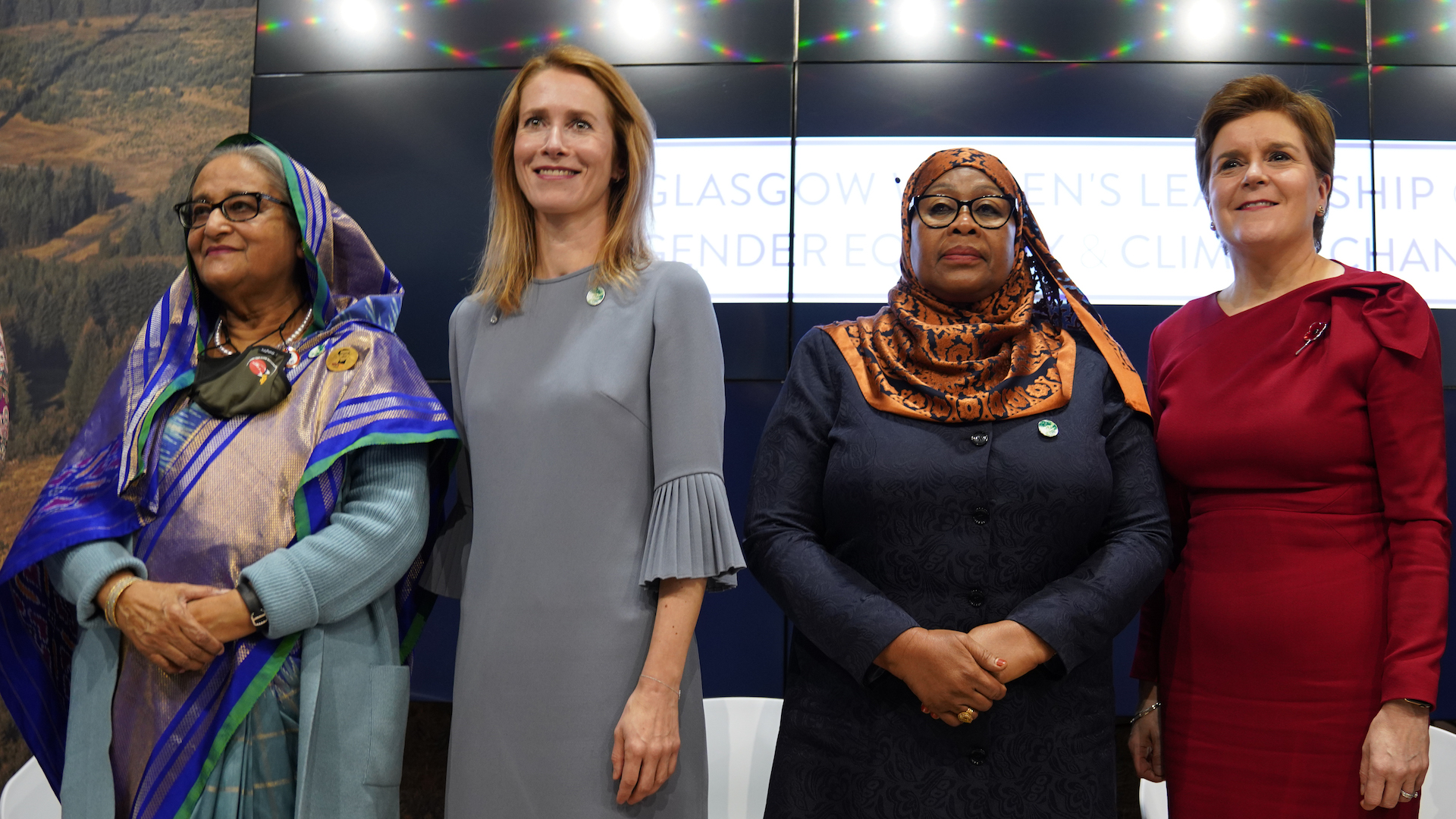COP26 is over, the intense spotlight on the climate emergency is dimming and we are still far behind the degree of commitment and action so urgently needed. As one of the wealthiest nations in the world, the UK has a huge and pressing responsibility to take radical action to limit temperature warming to 1.5 degrees. Yet, this is unlikely to happen if those most impacted are not represented in decision-making.
As we’ve seen with the Covid-19 pandemic, without the interests of those most negatively impacted being given a voice, large moments of national and global change are open to exploitation and capture by big business and private interests.
The eventual COP26 agreements saw oil and gas given little mention, and commitment to phase out coal being watered down at the last minute. This is no surprise given that the largest overall delegation was the Fossil Fuel industry itself, with 503 delegates connected to the industry. Clearly, money and power buy you a voice. Add this to the already widely derided ‘family photo’ in which just a handful of world leaders were women, and the woeful lack of representation from the Global South we are left with a decision-making body hugely skewed towards certain interests.
Representation and participation matter. Decision-makers often end up approving policies that meet the needs of people like them, often to the exclusion of meeting the needs of others. The lack of diverse representation at COP26 is part of a systemic problem of what and who is seen as valuable within the global economy and what isn’t.
Yet there are reasons for optimism. Despite the COP proceedings proving insufficient, there were many far more ambitious solutions being discussed elsewhere. The Green Zone was open to the public as well as local and grassroots groups, activists and organisers, providing fertile ground for sharing reasoned and practical pathways to inclusive and socially just system change. Fringe events raised the voices of minoritised women and migrants in the UK and women from the Global South, and the epic – if drizzly – march on the Global Day of Action highlighted the commitment of people around the UK and the world to hold leaders accountable. There is energy, enthusiasm and crucially- solutions at all levels to implement social and feminist climate justice, but it will take better representation of those most impacted at the decision-making level if we are going to shift the government towards meaningful, inclusive action.
This is also the case for the UK’s net-zero strategy. We must rapidly decarbonise and reorient the economy towards low-carbon industries. Yet without explicitly addressing and mitigating against current inequalities, a decarbonised UK society will be just as unequal and unjust as it currently is; with unequal access to housing, childcare, transport, jobs, education and ultimately a good quality of life. The business-oriented, financial and tech-heavy solutions being bandied around by Boris Johnson and others will solve some problems but seen as the sole solutions will not help those most in need.









